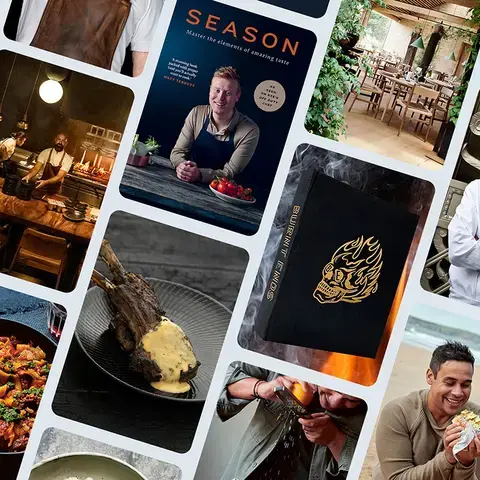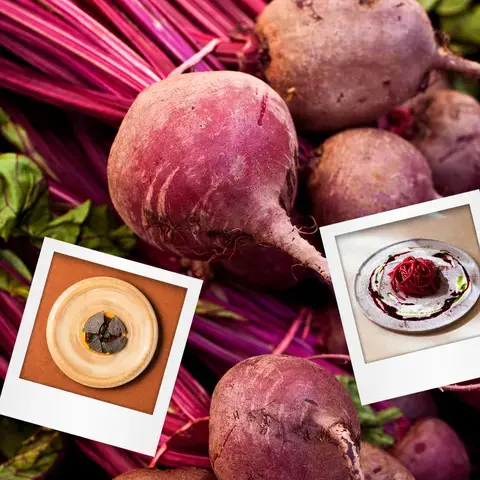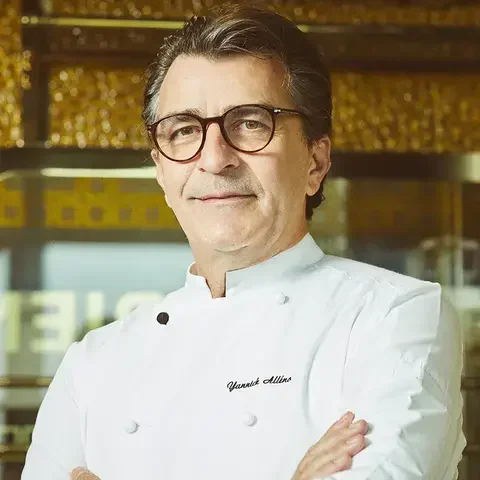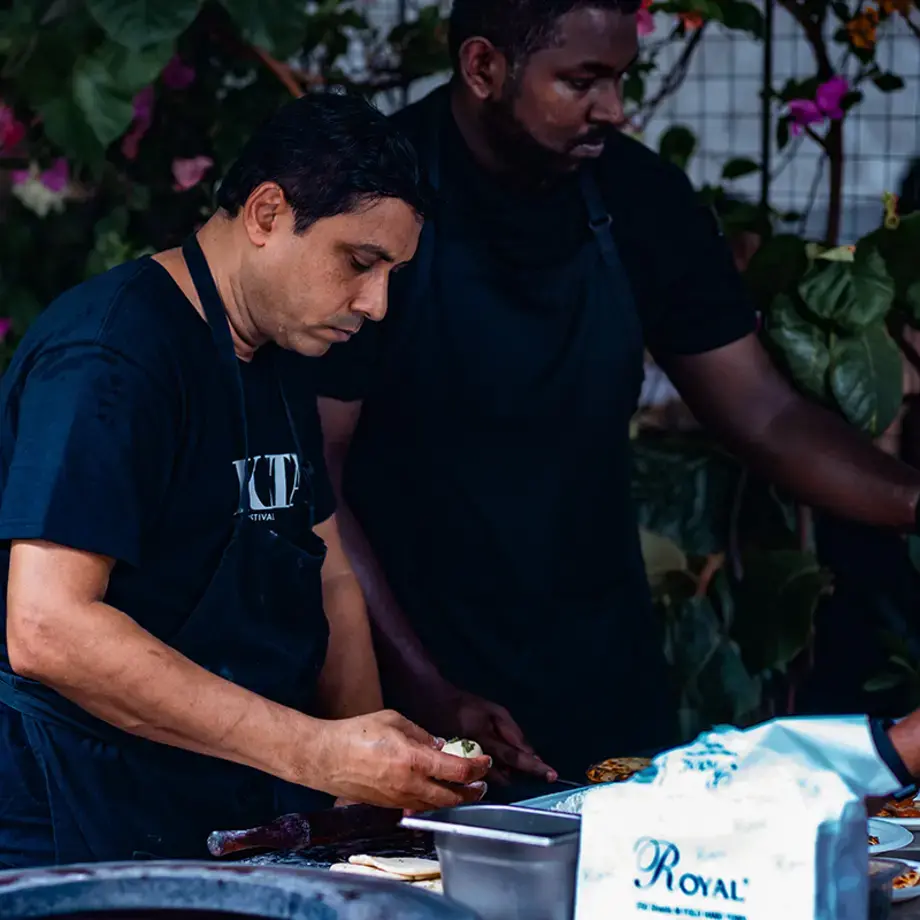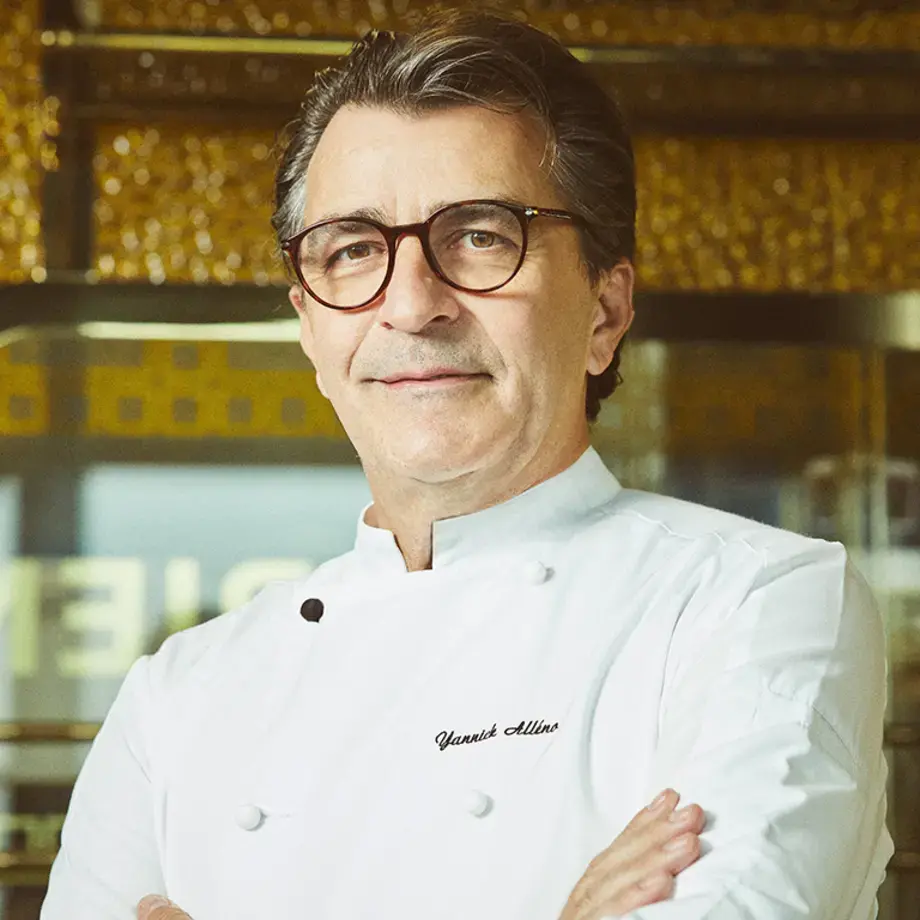With the Opening Ceremony of the Paris Summer Olympic Games taking place on Friday night, the French capital is preparing to show the world its best. With gastronomy such an integral part of French culture, this Games could have presented the opportunity to make cooking a competitive event on the schedule.
It is perhaps forgotten that art was an Olympic event in the early years of the modern Games from 1912 to 1948. The art event was considered part of the vision of the Olympic Movement's founder, Pierre de Frédy, Baron de Coubertin, who set the combination of art and sport—or “muscles and mind”—as one of the movement’s cornerstones. Medals were awarded to artists who created works inspired by sport across five categories: architecture, sculpture, literature, music, and painting. The event was cancelled in 1954 because artists were considered professionals while Olympians were then required to be amateurs. That stipulation no longer applies as many of the athletes that will win medals in the 2024 Paris Olympics will be professionals.
Cooking is not a sport, but is a part of food, which is our primary culture. Sport developed as a way to hone the skills needed for hunting and for war. It later came to represent much more, but some of the Olympics’ most respected events can be traced back to hunting and the procuring of food—archery, equestrian, and shooting. Cooking is as old as humans’ association with fire and is a fundamental part of what makes us who we are.
Yet cooking can be described as a sport, at least competitive cooking. We have seen how competitions like the Bocuse d’Or, which many call the ‘Olympics of Cooking’, or the IKA/Culinary Olympics draw huge international interest from chefs and the public. The Bocuse d’Or is a notoriously mentally and physically demanding competition. Competitors must train like Olympics athlete for the performance of their lives in order to reach the podium. Cooking at this level is requires discipline, focus, physical mastery, skill, fitness, and talent, all aspects of high-performance sport. The months or even years of training required by chefs who compete in the Bocuse d’Or could be considered equivalent to that of a professional athlete.
There would be considerable public interest in an Olympic cooking event if the success of competitive cooking shows like MasterChef are anything to go by. MasterChef is consistently one of the most bankable television franchises of the last two decades and it shows no sign of fading.
People take immense pride in their national cuisines. Just ask the French, Italians, Greeks, and the Chinese, people would support their national chef team with the same fervor reserved for football or tennis.
When you look at Escoffier’s brigade system and the organization of a kitchen team with military-like precision, you see the demands of high-performance cooking in the toughest of environments, under pressure with cooperation and speed of mind and body integral to the final result. Cooking can very much be seen as a team sport if you choose to look at it that way.
Consider how diet and nutrition are integral to an athlete’s performance. Even the Ancient Greeks understood the importance of eating properly for high performance. Milo of Croton, an Olympic wrestling champion in the 62nd to 66th Olympiads, reportedly ate 20 pounds of meat, 20 pounds of bread, and drank eight quarts of wine daily. Until then athletes adhered to a diet of dry foods such as dried figs, fresh cheese, and bread, to prepare for the Olympiads. Sports nutrition science has come a long way since then, but the reference illustrates how food and cooking has always been and still are integral to all aspects of the Olympic ideal. Elevating cooking to the pantheon of Olympic sports would elevate the importance of cooking, for everyone, in their daily lifestyle. We need that now.
Art and to a certain extent the culinary arts have long been segregated from the Games by inclusion in the Cultura Olympiad, a program for cultural activities associated with games which includes everything from shopping to cinema. Cooking must be considered as a more noble endeavor, it is something we do every day, intrinsic to our national and personal identities. The way we cook and eat makes us who we are and surely that is reason enough to include it in the greatest international competitive event that takes place every four years. This year sees breakdancing introduced to the Games as a new sport. No one’s arguing that the discipline doesn’t deserve its place at the Games, but with the event taking place in Paris, of all places, the feeling lingers that an opportunity to have chefs on the podium has been lost.


